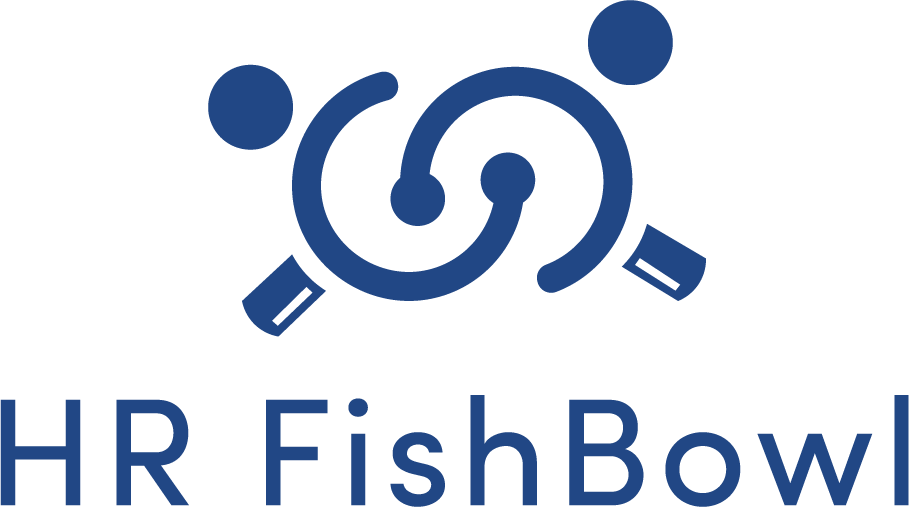I was speaking at a recruiting conference last fall when someone who is very well known in the HR space – someone I have a great deal of respect for – proclaimed “’realistic’ is very overrated!” He directed this toward some of us who were trying to bring a pretty lofty panel discussion around “the candidate experience” down to earth. He wanted HR to start “[making] big promises and taking big actions.” Listen, it’s awesome to talk “pie-in-the-sky,” to wax philosophical. I love a good spit-balling exercise as much as the next guy. And I know how important it is that we keep the creative and innovative juices flowing. But none of that stuff amounts to much of anything if it can’t be executed upon. I don’t care if you’ve come up with the holy grail of employee engagement; if it’s overly complex, hard to understand, difficult to get key stakeholders to champion, impossible to get the funding for, impractical – forget it. I want to build the best of possible career experiences for the employees we have today AND tomorrow. But I vehemently maintain that the best way to do that – the most realistic -is one day at a time with a tremendous focus on doing the fundamental stuff (small and large) really well.
Most of us get this. But I have discovered over the years that HR is not always good (in fact, sometimes we suck) at planning and executing. We have great ideas, we talk about them, we get all excited, and then we don’t know what to do with them. Even though many of those ideas would bring a whole lot of value without a whole lot of effort, we fail to get them off the ground. They either take a back seat to competing priorities or they fall prey to a competing agenda. We start and stop…and start and stop. And most of them end up on the proverbial bookshelf collecting dust. Do you know how many conversations I’ve had with HR professionals who say, “yeah, we thought about doing that years ago but we just never got around to it”?!?! What a missed opportunity…what a crying shame.
I started my career after CPA school as a certified public accountant (CPA) for one of the largest professional services firms in the world. If there’s one thing I learned during that time, it was project management: the importance of planning, organizing priorities, being methodical, setting milestones, making commitments, instilling accountability, tracking, and reporting. Why does all this matter? Because it’s how you get shit done. For those of you who struggle with planning and execution (and we all do), here are a couple of easy things that might help.
- “If you fail to plan, you plan to fail.” ~ Unknown.
- Write stuff down. It’s harder to ignore if it’s staring you in the face.
- Every project plan – and all of the underlying tasks – should include at least four things: (a) what it is you’re trying to accomplish, (b) why it is you’re trying to accomplish it (ROI), (c) who’s responsible for it, and (d) when it’s going to get done. You can add other stuff: resources, cost-materials, cost-time, status, stakeholders, deliverables, etc.
- Pick someone (not you) who is going to be a key stakeholder and who will require/expect that you update them on your progress toward milestones, key tasks, and project completion. That stakeholder becomes an important point of accountability for you…they shouldn’t let you off the hook.
- Use a project planning software tool. It doesn’t have to be complex or expensive. Microsoft has several pretty good templates for project planning in both Excel and Access. They are out-of-the-box, free, intuitive, and will help you make order from chaos. If you want to go the distance, get a license for Microsoft Project and use that.
- Take a class on project management. The Project Management Institute, which is the largest professional trade group for project managers, has some great e-Learning offerings even for the novice.
- Don’t go it alone. The best way to manage a project is to get a bunch of people involved; break up the responsibilities into smaller more manageable tasks that can be assigned to various resources.
- Stay the course. When you start to take the time to put your plan together, you might feel like you’re wasting time – like this is all intuitive and you can do it “on-the-fly.” But don’t give in to your old ways so easily. Just give it a shot, stick with it, and be diligent about it. You’ll see…
You don’t have to be a certified PMP to get stuff done. But taking a thoughtful approach to planning and execution will go a long way in helping you and your teams actually move the bar for your employees. One really well executed good idea will outweigh a thousand misplaced great ideas any day of the week. No…’realistic’ is not overrated. You need it to execute. You need execution to add real value. And you need real value to succeed. Since when did success become overrated?
Related Posts:
4 Comments – Leave a comment!
